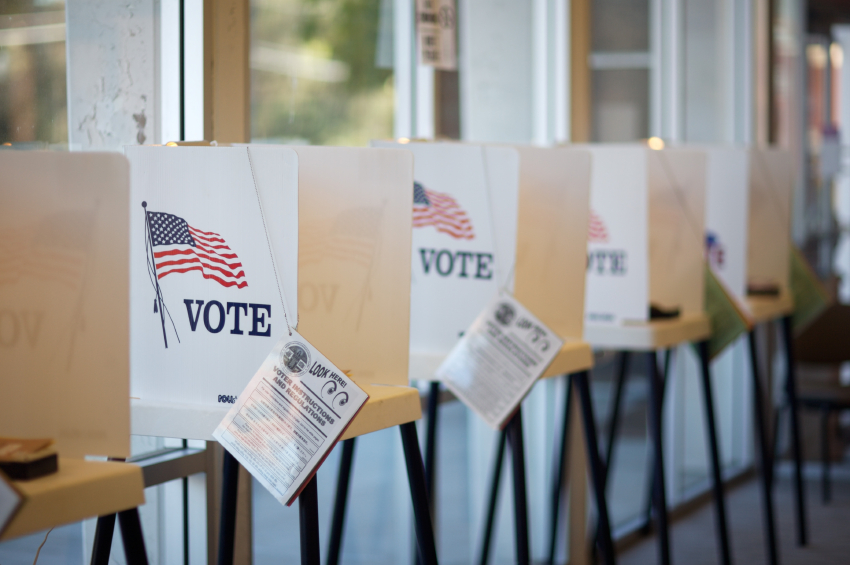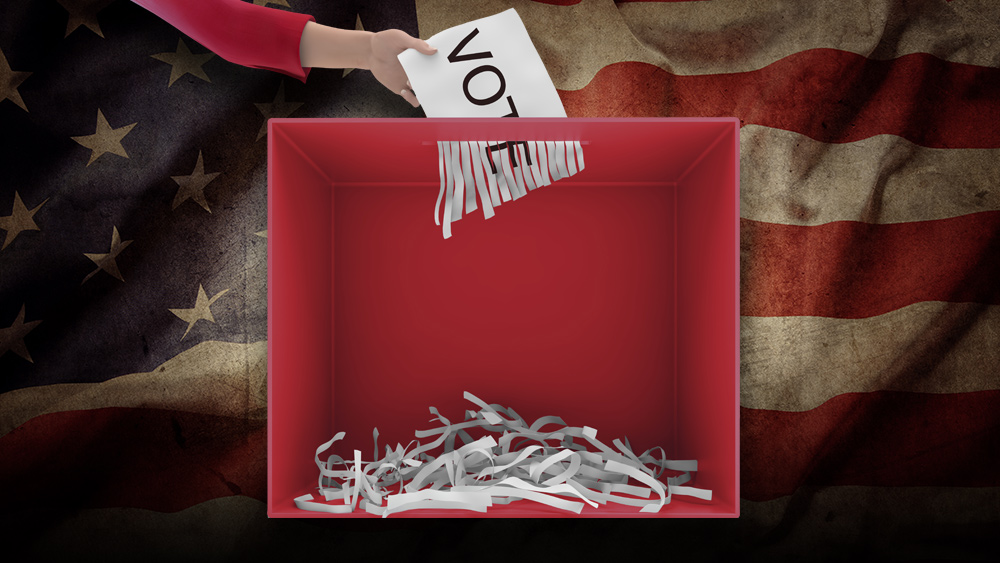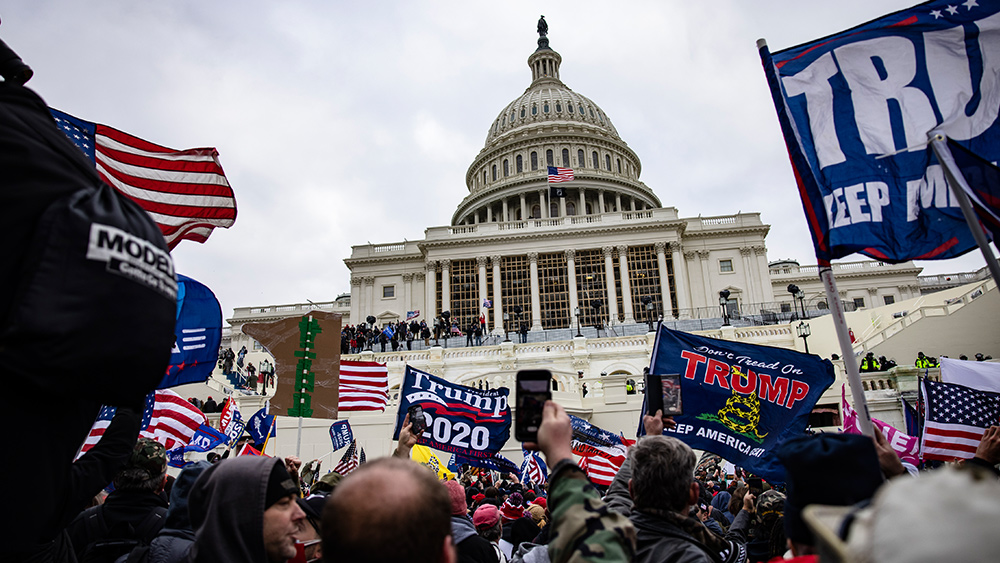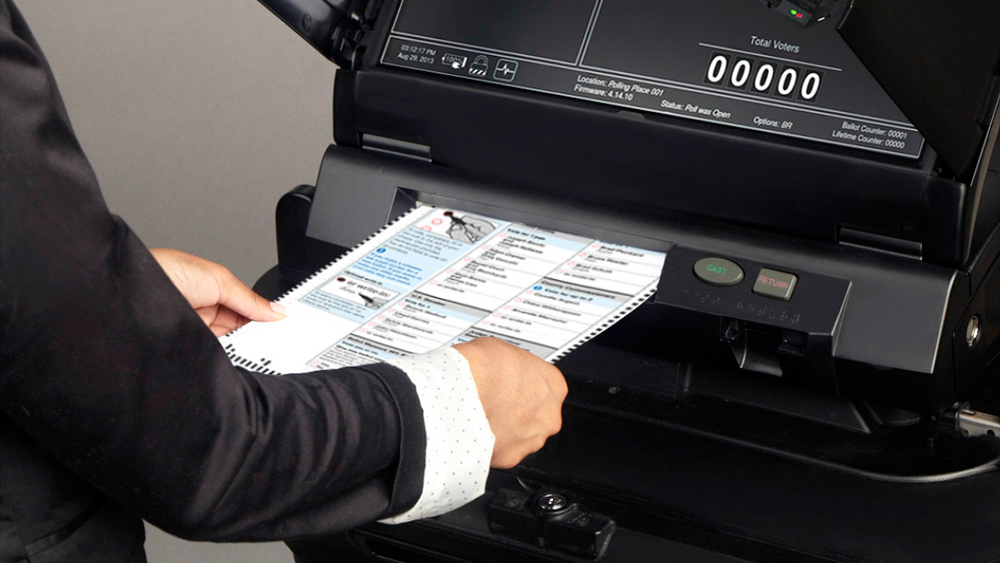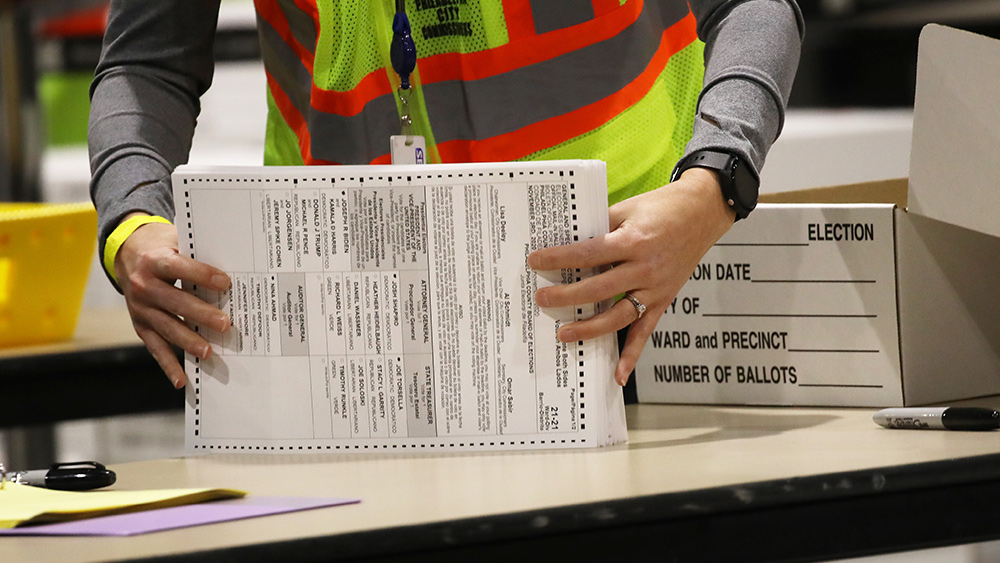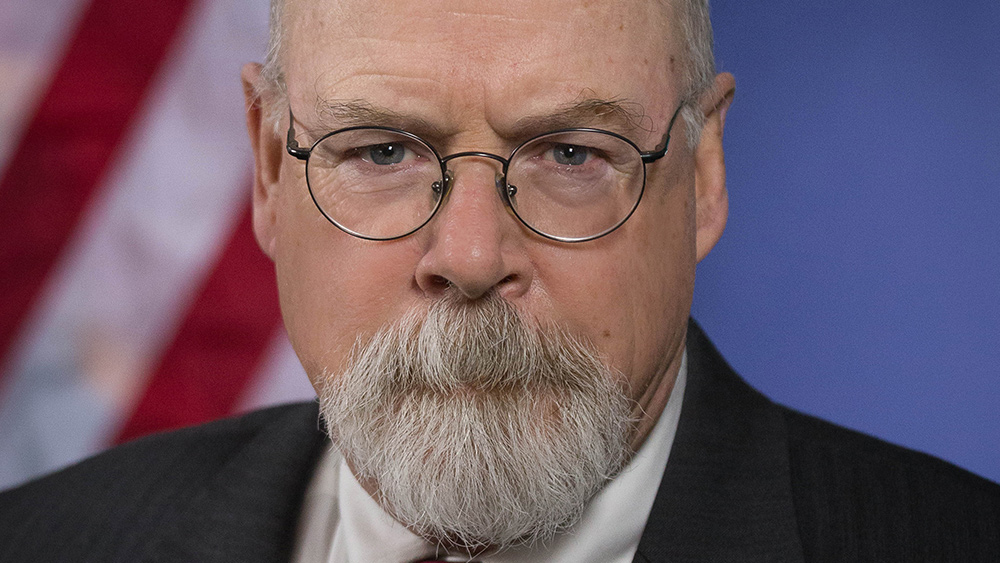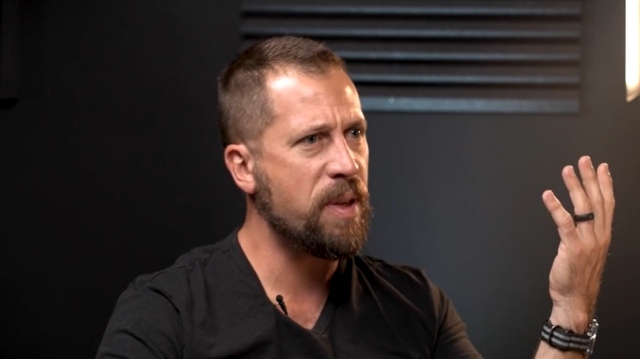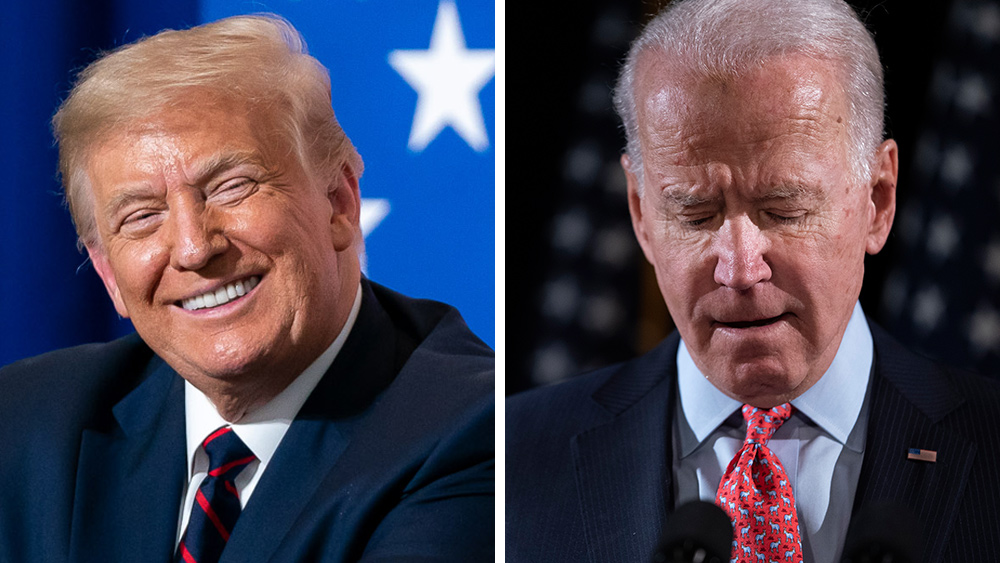How Trump is changing the Republicans’ 2016 platform
07/12/2016 / By trumpnews
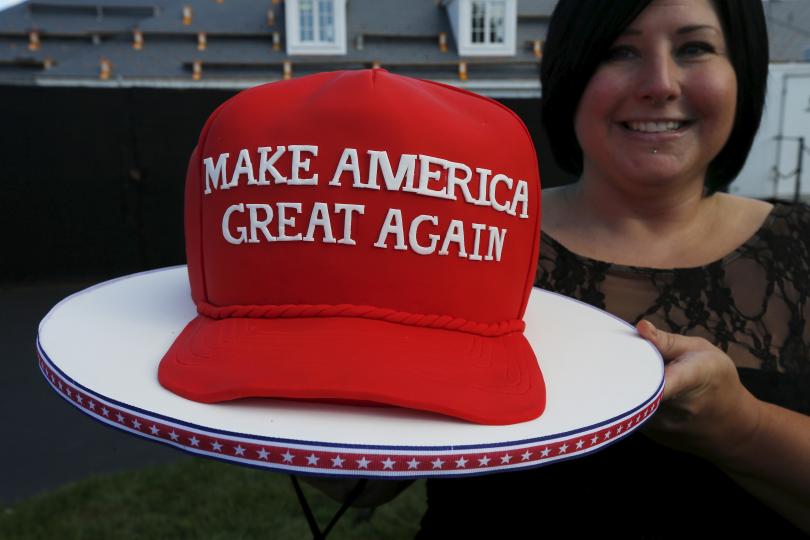
CLEVELAND – Donald Trump wasn’t here Monday, and his name rarely came up. But his presence was felt everywhere as GOP leaders from across the country met to craft the latest version of the Republican platform — and mold it, for the first time, to fit their unconventional presumptive nominee.
(Article by Kyle Cheney)
Assembling here in the week before Trump is expected to formally claim the party’s nomination, convention delegates embraced Trump’s economic proposals — from de-emphasizing the party’s support of free trade to endorsing the construction of a border wall with Mexico.
“I think there’s a real reconciling going on between our conservative platform … and being able to accommodate how he views certain issues,” said Jim Bopp, a delegate from Indiana who’s been deeply involved in drafting the 2016 GOP platform. “I see a reconciliation going on here, bringing Trump into the fold and reconciling some perceived conflicts in his views on our platform.”
“We’re really starting to coalesce,” added Stephen Stepanek, a Platform Committee delegate and Trump’s New Hampshire campaign chairman.
While the party platform now bends toward Trump in some areas, other traditional planks of party orthodoxy remain firmly in place. Religious conservatives — without specifically swiping at Trump — rejected efforts by social moderates to soften the party’s stance against same-sex marriage. The Platform Committee on Monday afternoon added language defining marriage as the union between one man and one woman. And the platform also features language that embraces social conservative positions such as opposition to adoption by same-sex couples and support for business decisions to deny certain services to same-sex couples.
The redrawing of the Republican platform comes amid a larger struggle, as Trump and his supporters square off against party activists for control of the GOP. Though the platform document itself is likely to have little relevance outside cloistered meetings of Republican insiders — and in no way binds Trump to any particular policies — it’s a reflection of shifting attitudes within the party and serves as a statement for party supporters and critics alike.
Over the objections of New York delegate Annie Dickerson and a small group of allies, the committee reinforced its support for defining marriage. During one subcommittee meeting, conservative panelists overwhelmed a small group of pro-LGBT delegates to endorse language that, if adopted, would limit the government’s ability to restrict adoption agencies that refuse to work with same-sex couples.
Jonathan Gardner, a New Mexico delegate and sponsor of the proposal, said private organizations that facilitate adoptions – but oppose adoption to same-sex couples — have been forced out of business by government.
His argument drew a sharp response from New York delegate Annie Dickerson, who called it “blatant discrimination.” But Dickerson found herself outvoted on a slew of proposals meant to moderate the party’s posture toward same-sex relationships, including a religious liberty proposal intended to support business owners who decline to serve gay couples. Delegates on the panel described these businesses as “victims” of an overbearing government.
“People who are in this business … are told to go to reeducation camps basically,” said Mary Kay Culp, a Kansas delegate.
Conservatives also defended platform language rejecting the right of transgender individuals to use public restrooms corresponding to the gender with which they self-identify.
But while social issues were the province of the party’s conservative faction, economic issues appeared to reflect Trump’s influence and nowhere was the party’s merger with Trump more obvious than on trade.
Four years ago, under candidate Mitt Romney, the party sang the benefits of free trade agreements and criticized the Obama administration for not striking more deals. “The Free Trade Agreements negotiated with friendly democracies since President Reagan’s trailblazing pact with Israel in 1985 facilitated the creation of nearly ten million jobs supported by our exports,” the 2012 Republican Party Platform said. “That record makes all the more deplorable the current Administration’s slowness in completing agreements begun by its predecessor and its failure to pursue any new trade agreements with friendly nations.”
The 2012 Republican Party Platform also fully embraced the TPP, promising to complete negotiations on the agreement “to open rapidly developing Asian markets to U.S. products.” “Beyond that,” the platform enthused, “we envision a worldwide multilateral agreement among nations committed to the principles of open markets, what has been called a ‘Reagan Economic Zone,’ in which free trade will truly be fair trade for all concerned.”
Although Trump has blamed Bill Clinton, and by extension Hillary Clinton, for the North American Free Trade Agreement, the pact was actually negotiated by the Republican administration of George H.W. Bush and built on the U.S.-Canada Free Trade Agreement that was concluded during the administration of Ronald Reagan.
But 2016 is a different story. The subcommittee that crafted the party’s trade platform removed all references to the Trans-Pacific Partnership, citing Trump’s rejection of the deal and the difficult politics that Republican incumbents are navigating. “I think we should take out TPP completely,” said Tracey Monroe-Winburn, an Ohio delegate. “We know that our presumptive nominee isn’t in favor of it, one … and we have some senators who are running across the country that were in support of it at one time.”
Andy Puzder, one of the co-chairs of the GOP platform economic subcommittee, suggested the party’s trade platform should be broader: encouraging better trade deals, better enforcement of existing trade agreements and smaller trade deficits. “Who can argue with we shouldn’t have such big deficits?” he wondered.
The committee met deep into the evening on Monday and planned another full-day session on Tuesday to hash out the remainder of the platform. Once the committee backs the document, it will come before the full convention next week for final approval by the convention’s 2,472 delegates.
Read more at: politico.com
Submit a correction >>
Tagged Under:
GOP, Make America Great Again, politics, presidential campaign, Trump
This article may contain statements that reflect the opinion of the author
RECENT NEWS & ARTICLES
Trump.News is a fact-based public education website published by Trump News Features, LLC.
All content copyright © 2018 by Trump News Features, LLC.
Contact Us with Tips or Corrections
All trademarks, registered trademarks and servicemarks mentioned on this site are the property of their respective owners.


